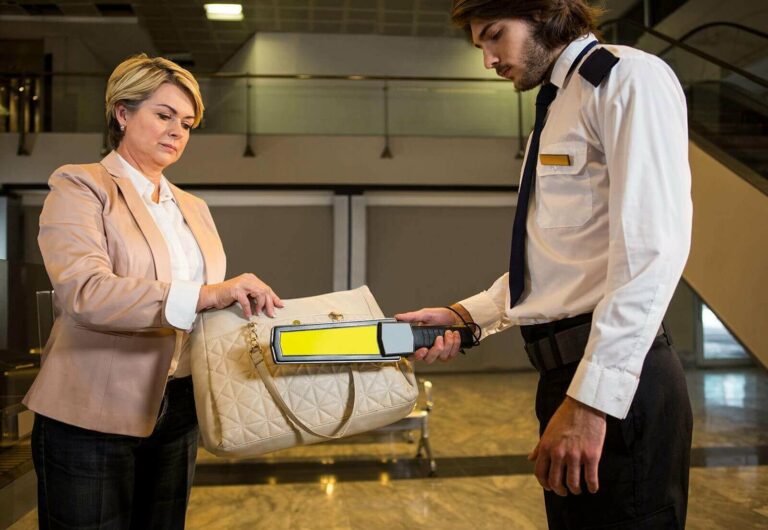
The thrill of exploration, the joy of experiencing new cultures, and the adventure of seeing the world are all part of the allure of travel. However, amidst the excitement, it’s crucial to acknowledge the importance of safety and security training for travelers and tourists. While travel offers enriching experiences, it also brings forth potential risks and challenges that can be mitigated through adequate preparation and awareness.
Let’s dive into our article!
Traveling exposes individuals to unfamiliar environments, varying cultural norms, and sometimes unforeseen dangers. From pickpocketing in bustling markets to natural disasters or political unrest, the spectrum of risks is broad and diverse. Each location presents a distinct array of potential dangers, highlighting the need for travelers to be fully equipped and well-informed.
Safety and security training equip travelers with the tools to assess potential risks in different settings. It enables individuals to identify threats, anticipate challenges, and take proactive measures to avoid or mitigate them. Understanding local customs, laws, and potential dangers empowers travelers to make informed decisions, enhancing their safety.
In an emergency, rapid and appropriate actions can save lives. Safety training trains individuals to respond to various crises, such as medical emergencies, natural disasters, or security threats. Basic first-aid knowledge, evacuation procedures, and communication strategies in times of distress are fundamental skills that can make a critical difference.
Respecting cultural norms and understanding local customs are integral parts of staying safe while traveling. Training in this area not only prevents misunderstandings but also fosters positive interactions with locals, reducing the likelihood of being targeted or encountering conflicts.
In today’s digital age, cybersecurity is an essential aspect of travel safety. Training provides insights into securing personal data, recognizing online scams, and using technology cautiously while abroad. Awareness of cyber threats ensures that travelers protect their sensitive information and avoid falling victim to digital fraud.
Thorough research and meticulous planning before setting out on your trip lays a solid foundation for a safe expedition. This involves examining destination-specific risks, understanding the intricacies of local laws and traditions, and devising emergency strategies.
Utilizing reliable sources of information, such as government travel advisories, reputable travel guides, and online forums, helps in gathering accurate and up-to-date information about the destination. Seeking guidance from experienced travelers or locals can also provide valuable insights.
Several organizations and travel agencies offer safety and security training programs specifically designed for travelers. These programs cover a wide range of topics, including situational awareness, self-defense, health precautions, and emergency protocols.
Maintaining situational awareness and staying vigilant throughout the journey is crucial. Being flexible and adapting to changing circumstances allows travelers to respond effectively to unexpected situations.
While the allure of travel is undeniable, ensuring safety and security should be a primary concern for every traveler. Embracing safety and security training as an integral part of trip preparation significantly reduces risks and enhances the overall travel experience. By promoting preparation, cultural understanding, and proactive risk management, travelers can explore the world with confidence, enjoying its wonders while staying safe.
Investing time and effort in safety and security training before traveling is not just a precaution; it’s an investment in a safer, more enjoyable journey.
Severity Security offers a range of safety and security training programs designed to equip individuals and organizations with the essential skills and knowledge they need to protect themselves and others.
Monday - Thursdays :
8 Am -5 Pm
Every Fridays (8AM – 12N)
Every Saturdays (8AM – 3PM)